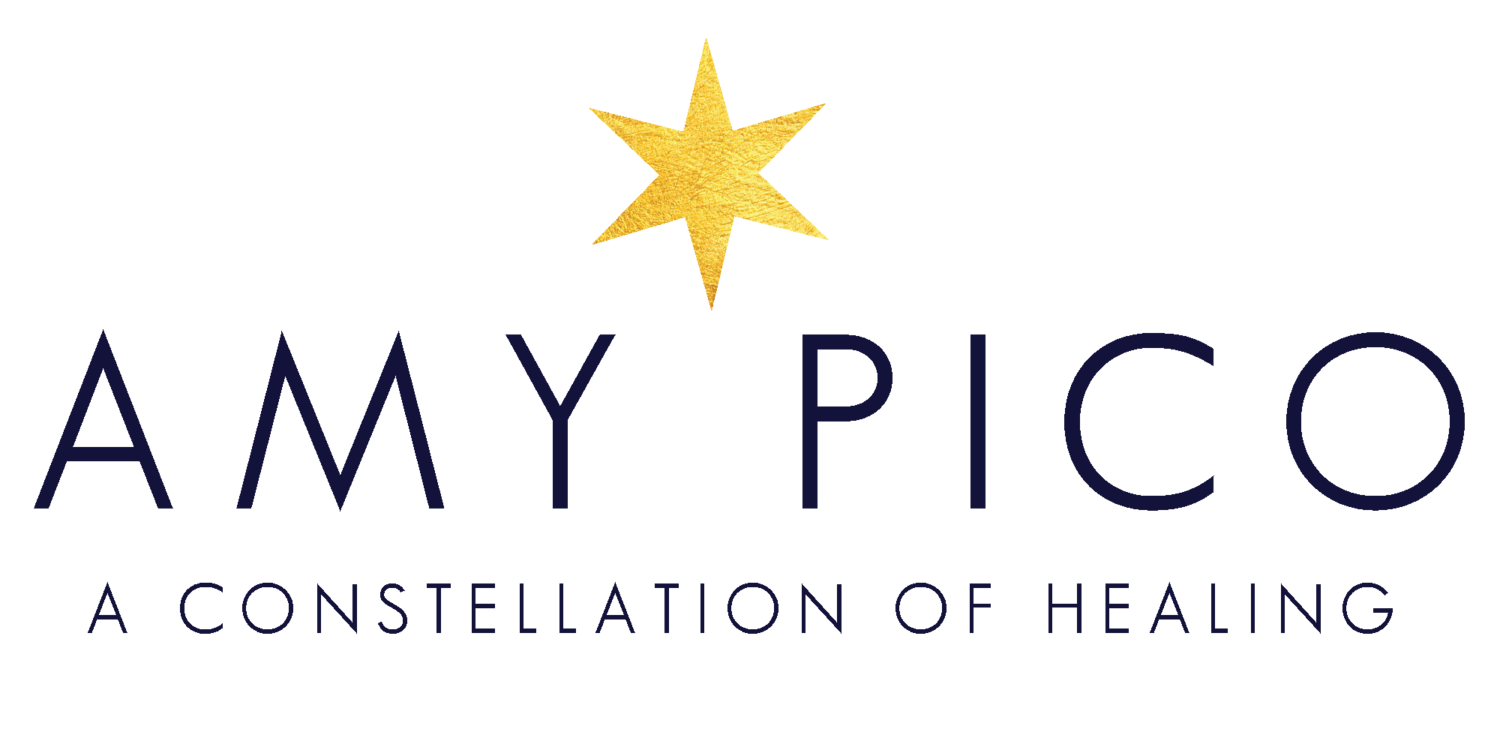A new documentary is shining a light on religious abuse. Shiny Happy People: Duggard family secrets highlights a Christian organization (IBLP) perpetuating legalism and abuse. Coming from a religious background, I am familiar with the process of deconstruction. Deconstruction is a term that is often used by people who are exiting legalistic forms of Christianity. However, I like to use the term for anyone who is in the process of questioning, examining, and redefining what religion or spirituality means to them. This can especially be true for clients born into a religious group and learning to claim their own definition of spiritual practice.
While there is no set formula for deconstruction, having a compassionate witness is a great start. For many people in this process, just allowing themselves to question and process their upbringing within religion and their feelings about their experiences can be huge. A significant first step for individuals in high-control religion or cult-like environments is asking questions. Doing this in therapy can create space for an unbiased viewpoint.
As a form of relating and disclosure, I have done my own deconstruction from legalistic Christianity. My formal education in counseling was at a seminary, alongside people training to be pastors and missionaries. While the quality of my education was good, I have had to untangle the associations with belief structures being a part of the counseling process.
While I consider myself a spiritual person today, I also keep my mind and heart open to all expressions, even simply being present in this world. The present moment is all we have, and in exploring everything from atheism to new-age practices, I strive to be compassionately present in all I do.
Trauma therapy for religious abuse can encompass any or all modalities I have to offer, as our process is collaborative and flexible. If you are deconstructing and would like support, please fill out my application here or email me.
